7 Signs You Have a Sewer Line Problem
Sewer lines wear and tear over time and are vulnerable to clogs and tree root infiltration. Since the lines are buried in your yard, you may miss the signs of sewer line damage. Find out the symptoms to watch out for below.
1. Clogged Drains
Isolated clogs are common, but multiple clogged drains indicate a serious issue. All your home’s drains empty into the sewer line, which is why sewer line problems affect the entire house.
Clogs in sewer lines build up over time, restricting water flow and reducing the performance of your plumbing system. Toilets are typically the first victims of a clogged sewer line, but the problem soon advances to other plumbing fixtures.
If all the drains in the house move slowly, don’t pour chemical cleaners to ease your frustration. These solutions have harsh chemicals that corrode your pipes and lead to more issues. Instead, have a plumber inspect the sewer line system and dislodge stubborn clogs with specialized equipment.
2. Dark Water Backups
Dark water backing into the toilets or sinks is an obvious symptom of sewer line damage. The problem occurs when the water from your toilets or sinks encounters obstacles on its way to the sewer system.
Water backups usually start at the lowest points in the home, like basements and tubs, but can affect all fixtures. Backups are a safety hazard because they can have raw sewage and appear dark and gross. Use protective gear when moving around the fixtures and have a plumber quickly solve the problem.
3. Gurgling Noises
Gurgling sounds after you run the sink or flush toilets indicate a sewer line problem. Unusual noises occur when air enters your sewer line and is trapped and released abruptly. If your sewer line has severe blockages, gurgling and bubbling noises persist long after using your toilets, sinks, washing machines, and other water-using appliances.
4. Unpleasant Odors
A strong sewage smell is a hard-to-miss sign of sewer line damage. The smells can come up your drain, indicating that drain water has pooled somewhere down the drain line.
The odor can also be apparent outside your home, and you should have a plumber check the sewer line even if you can’t see anything unusual. Since sewage lines lie several feet underground, you will likely smell the problem before you see the water.
5. Green Patches in the Yard or Soggy Lawn
A damaged sewer line leaves wastewater to collect in the yard, resulting in soggy soil. Since the water is packed with nutrients, the vegetation around the leak grows rapidly and looks healthier than the surrounding grass.
However, the bacteria and contaminants in the water damage your landscape over time and pose a health risk. Schedule plumbing services as soon as you see a flooded yard accompanied by foul odors.
6. Pest Infestation
Cracks in the sewer line serve as entry points for cockroaches, sewer flies, rats, and other pests. As soon as you deal with one infestation, more pests enter your home, leaving you wondering about the source. These pests are destructive and carry harmful diseases that threaten your family’s health. A plumber seals all openings in the sewer system to keep out insects and rodents.
7. Lawn Indentations
A damaged sewer line is constantly soaking the ground with wastewater and may displace the soil. At some point, the topsoil layer may sink in and leave clear lawn indentations behind. If the leaks occur under driveways and pathways, you may see gradual damage in the pavers or asphalt. Wastewater from a sewer line can also cause serious foundation issues and even home settling if left unchecked.
Our plumbing experts at Quality Plumbing respond quickly to sewer line damage since wastewater is a safety hazard to your family. We perform video camera inspections to identify the location of clogs and recommend repairs and replacements based on the extent of the damage. Contact us today for specialized sewer line services.
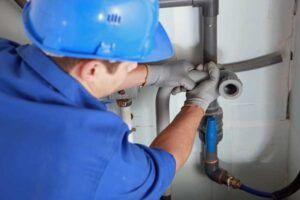
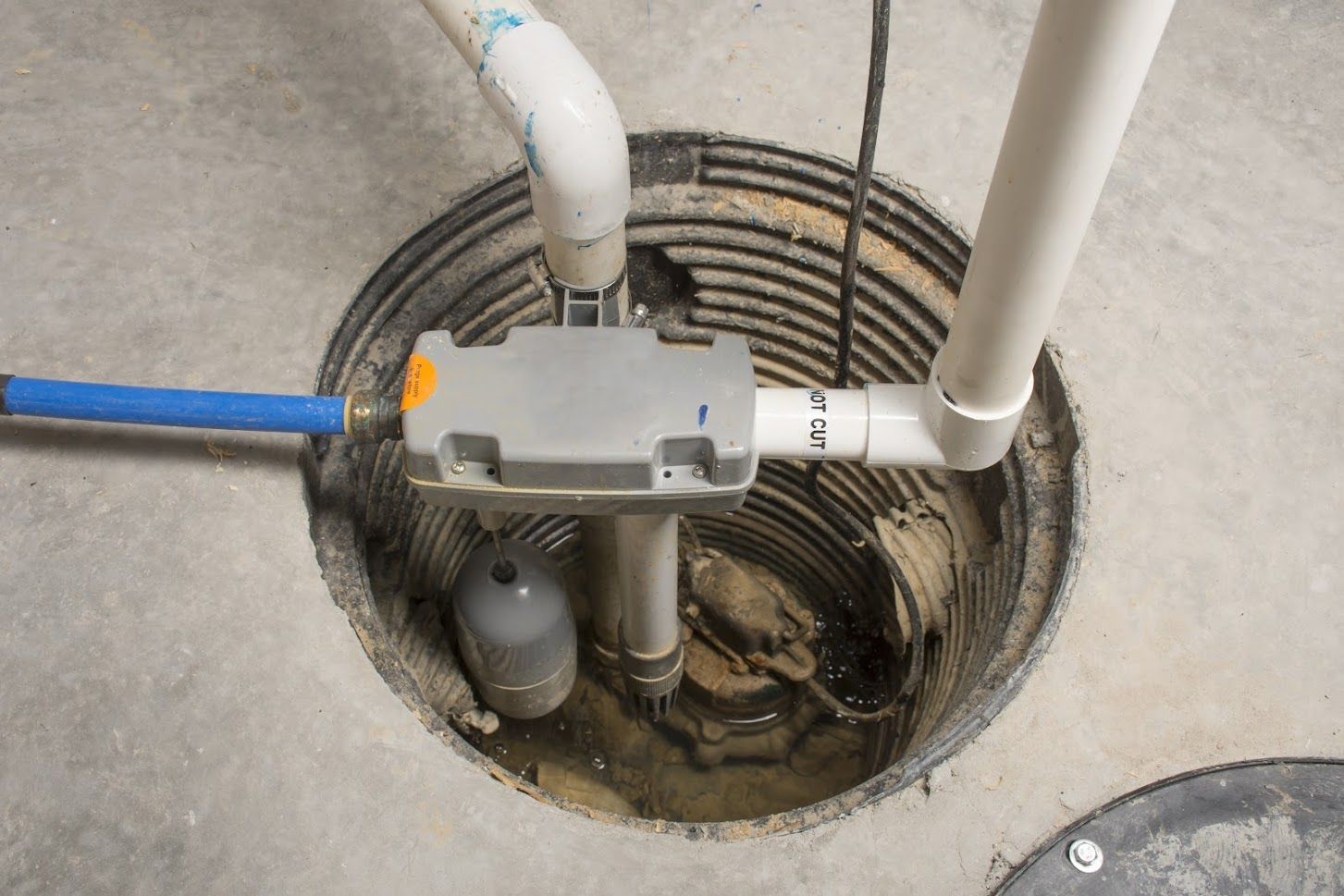

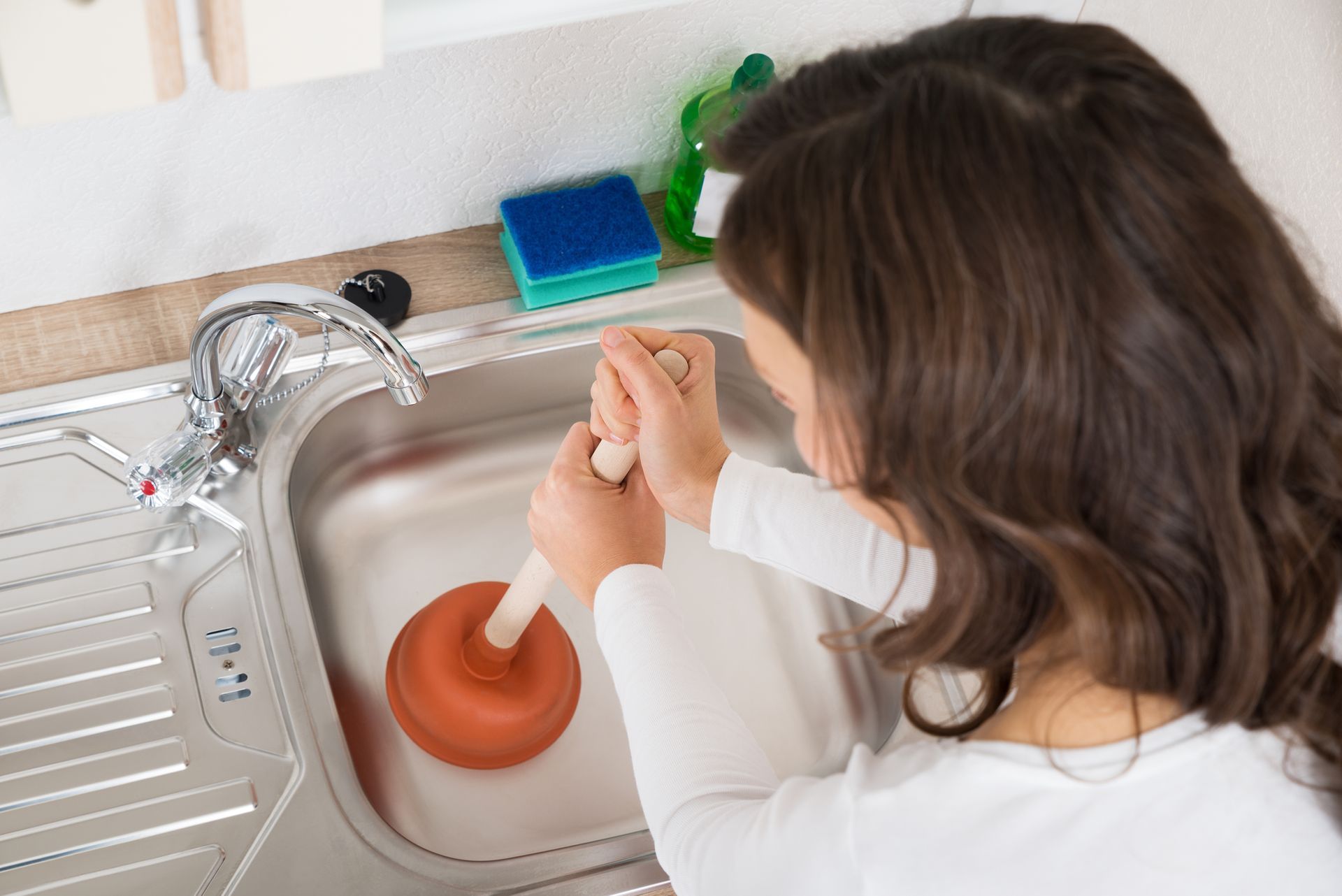
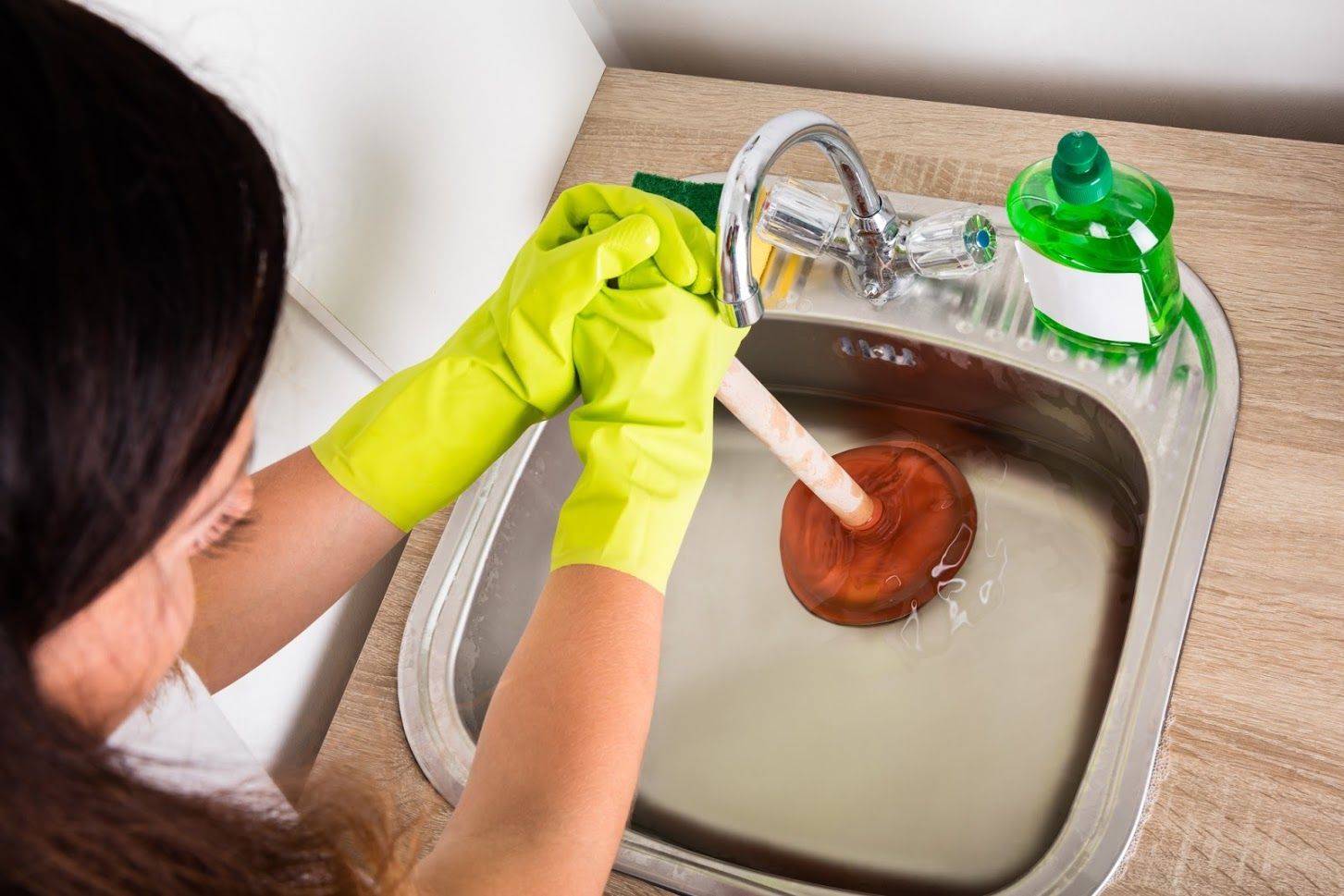

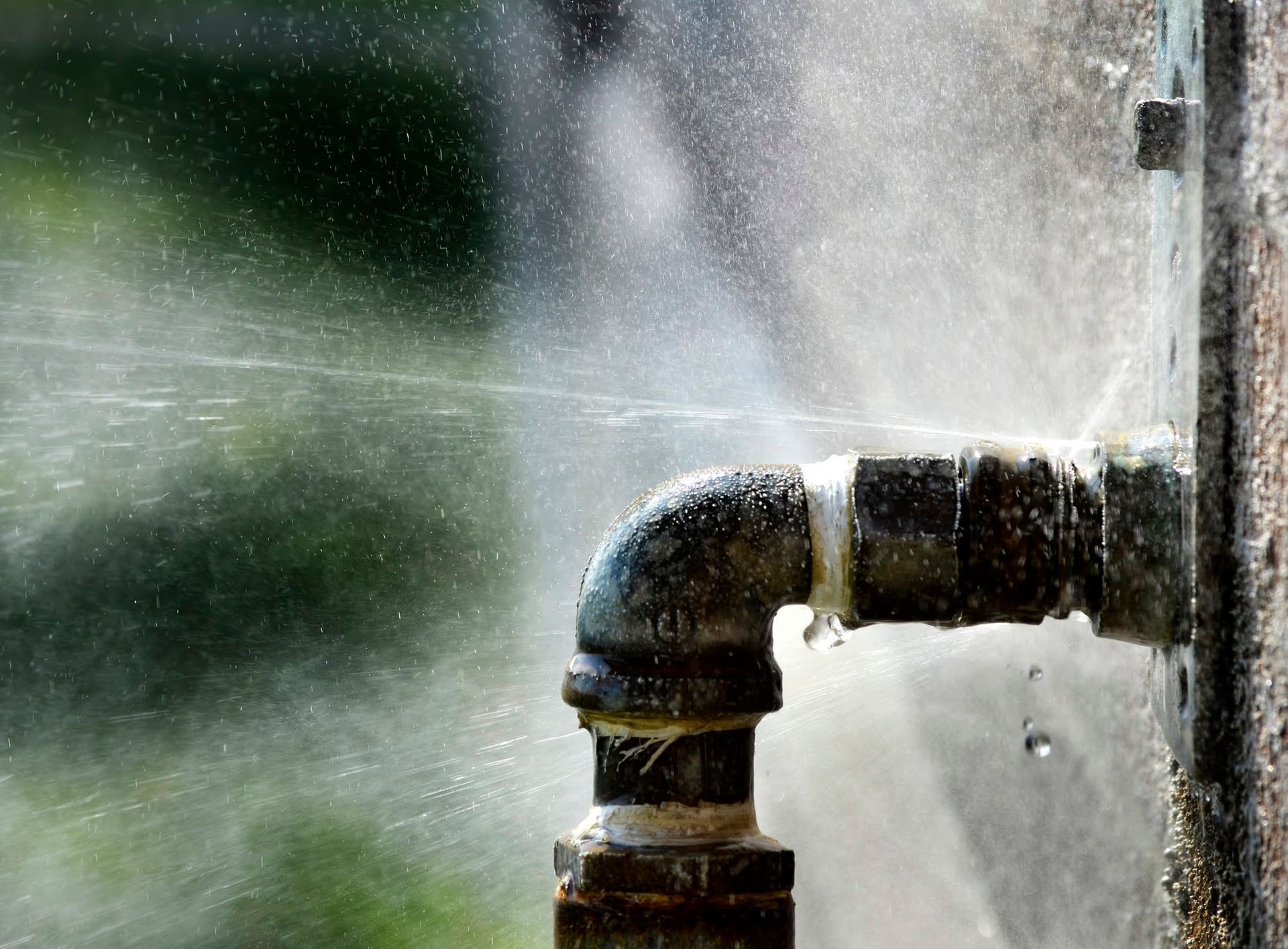

★★★★★
The total process from booking a service call, by phone, to the installation of a steel reinforced waterline hose on our refrigerator, was a pleasurable experience. A retired plumber recommended QP. Jeff had to pull out the refrigerator, remove the plastic waterline, install the new waterline, check to make sure the water dispenser was working and put the refrigerator back. Jeff was careful and mindfull of our wooden floor as the refrigerator was in a built-in cabinet. Since we live in a condo we want to eliminate all possibilities for a water leak. Jeff not only did his skillful job, he also educated us on the different water supply lines. I would recommend QP.
- Janeine G.
Button
★★★★★
Quality Plumbing did a rough-in plumbing install for a bathroom and kitchen sink in my basement. Very communicative, helped plan the space, and did a great job on the install. Will be using them again!
- Ian H.
Button
★★★★★
Called them when my water heater broke, they were over same day with a new one. Logan is great, he's fixed a couple things over the last year and is always professional and informative.
- Nick B.
Button
★★★★★
Quality plumbing is amazing 👏 when my brothers home had a problem with water pressure, they were able to schedule quickly, identify the problem and provide cost effective solutions quickly. When they did the work, they were on time on budget and cleaned up everything afterwards. Thank you for your great service Quality Plumbing! …
- Rich R.

★★★★★
Quality Plumbing is my go-to plumbing company for all my projects. I had one big project and after meeting Jeff, I’ve specifically requested him to come out for my other 2 projects. He’s incredibly punctual, efficient, and keeps the area nice and clean. Great to communicate with and provides clear answers to all my questions. Jeff is very professional and knowledgeable in his craft. Every time I call, Delaney will always pick up my phone calls and get me scheduled right away. Never had great success with plumbing companies until I started working with Quality Plumbing. They have unbeatable prices and will provide you with an honest solution to your problems. Highly recommend choosing Quality Plumbing!
- Alex D.
Button

★★★★★
The total process from booking a service call, by phone, to the installation of a steel reinforced waterline hose on our refrigerator, was a pleasurable experience. A retired plumber recommended QP. Jeff had to pull out the refrigerator, remove the plastic waterline, install the new waterline, check to make sure the water dispenser was working and put the refrigerator back. Jeff was careful and mindfull of our wooden floor as the refrigerator was in a built-in cabinet. Since we live in a condo we want to eliminate all possibilities for a water leak. Jeff not only did his skillful job, he also educated us on the different water supply lines. I would recommend QP.
- Janeine G.
Button
★★★★★
Quality Plumbing did a rough-in plumbing install for a bathroom and kitchen sink in my basement. Very communicative, helped plan the space, and did a great job on the install. Will be using them again!
- Ian H.
Button
★★★★★
Called them when my water heater broke, they were over same day with a new one. Logan is great, he's fixed a couple things over the last year and is always professional and informative.
- Nick B.
Button
★★★★★
Quality plumbing is amazing 👏 when my brothers home had a problem with water pressure, they were able to schedule quickly, identify the problem and provide cost effective solutions quickly. When they did the work, they were on time on budget and cleaned up everything afterwards. Thank you for your great service Quality Plumbing! …
- Rich R.

★★★★★
Quality Plumbing is my go-to plumbing company for all my projects. I had one big project and after meeting Jeff, I’ve specifically requested him to come out for my other 2 projects. He’s incredibly punctual, efficient, and keeps the area nice and clean. Great to communicate with and provides clear answers to all my questions. Jeff is very professional and knowledgeable in his craft. Every time I call, Delaney will always pick up my phone calls and get me scheduled right away. Never had great success with plumbing companies until I started working with Quality Plumbing. They have unbeatable prices and will provide you with an honest solution to your problems. Highly recommend choosing Quality Plumbing!
- Alex D.
Button









